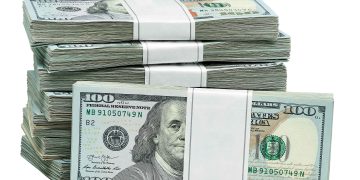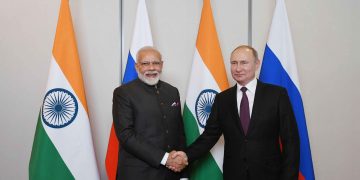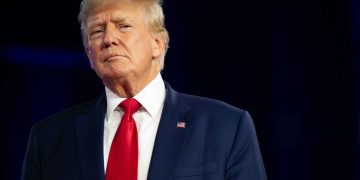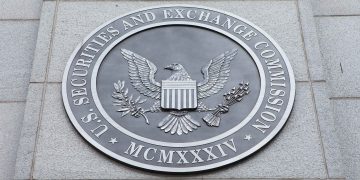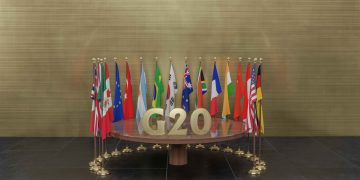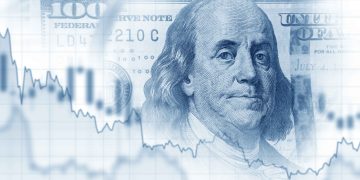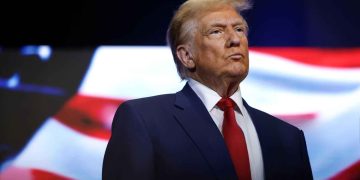Cryptocurrency insiders have downplayed the potential impact of the upcoming U.S. presidential election on the global crypto market, including in Singapore, where industry leaders gathered at TOKEN2049, one of the world’s largest crypto conferences.
Charles Hoskinson, co-founder of the Ethereum blockchain, suggested that from a crypto perspective, former President Donald Trump is viewed more favorably compared to Vice President Kamala Harris. Speaking to CNBC’s Street Signs Asia during the event, Hoskinson explained, “Between Harris and Trump, Trump is certainly the favorite for the cryptocurrency community.”
In July, Trump delivered a keynote speech at the Bitcoin Conference in Nashville, where he pledged that the U.S. government would never sell its bitcoin holdings and hinted at plans to transform the U.S. into the “crypto capital of the planet.”
Despite Trump’s apparent crypto-friendly stance, Hoskinson pointed out that the global market is evolving regardless of U.S. political positions. “Whether the U.S. supports crypto or not, the rest of the world is moving forward,” he noted, referencing regulatory frameworks in regions like Singapore and the European Union.
Anthony Scaramucci, founder of SkyBridge Capital, shared a similar sentiment, expressing optimism that if Harris were to win, her approach to crypto regulation would be largely in line with Trump’s. “I think we’ll see Harris outline her economic policies soon, including her stance on cryptocurrency regulation,” Scaramucci said on Squawk Box Asia, adding that while Trump has shown some pro-crypto signals, “he’s an unpredictable politician.”
Trump’s family recently launched a new crypto initiative, World Liberty Financial, which appears to function as a crypto banking platform. However, Jeremy Allaire, CEO of Circle, a leading digital currency company, emphasized that cryptocurrency regulation in the U.S. would not become a partisan issue in this election. Allaire explained that both parties have shown support for crypto, with Congress making strides toward regulating the industry.
“No matter who wins the White House, Congress is taking action on this front,” Allaire told Street Signs Asia. “These technologies are essential for the U.S. to remain competitive.”
While the U.S. election is drawing significant financial contributions from the crypto industry, with over $190 million sent to candidates and political action committees (PACs), the distribution has been more balanced between parties this year, according to data compiled by crypto analyst James Delmore and verified by CNBC. However, Delmore noted that Republican candidates have seen more donations from the crypto industry than their Democratic counterparts.
Arthur Hayes, a well-known crypto trader and former CEO of BitMEX, dismissed the idea that U.S. politics would have a major influence on the global crypto market. “Bitcoin has grown from nothing to its current value without clear regulations or government support. I don’t see why we need that now,” Hayes said, emphasizing that Bitcoin’s decentralized nature makes it resilient to political shifts.
With global regulations and decentralized technologies continuing to shape the future of cryptocurrency, insiders agree that the U.S. election may not significantly alter the broader crypto landscape.




